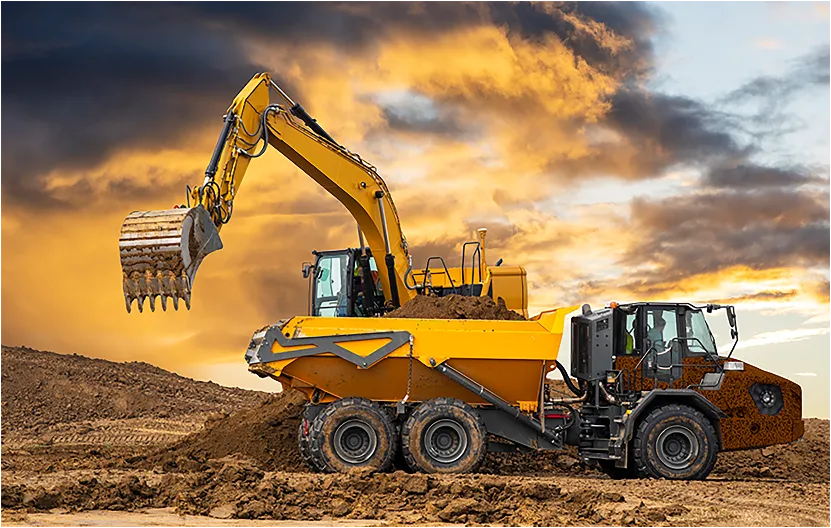Innovative Techniques for Manufacturing Cold Formed Pipes in Modern Industries
Nov . 28, 2024 02:50
Understanding Cold Formed Pipes Characteristics and Applications
Cold formed pipes are an essential component in various industries, offering unique advantages that strain their hot-formed counterparts. Understanding the characteristics, manufacturing process, and applications of cold formed pipes provides insights into their growing popularity in construction, engineering, and other sectors.
What are Cold Formed Pipes?
Cold formed pipes are made by shaping steel or other metal materials at room temperature. This process involves bending, rolling, or twisting sheets and plates into cylindrical shapes without applying heat. The term cold forming refers not only to the temperature of the raw materials but also to the techniques used, which result in mechanical changes within the material's structure, enhancing its properties.
Manufacturing Process
The production of cold formed pipes typically involves several steps
1. Material Selection High-quality raw materials, usually steel or aluminum, are chosen based on the intended application and required properties.
2. Cold Roll Forming The selected material is passed through a series of rollers that progressively shape it into a pipe. This process includes bending the flat sheet into a tubular shape along its length.
3. Welding If the pipe is produced from a flat strip, the edges are welded together, forming a continuous pipe. This welding can be done using various techniques including TIG (Tungsten Inert Gas) or MIG (Metal Inert Gas) welding, ensuring strong and durable joins.
4. Finishing The finished pipes may undergo additional processes such as cutting, surface treatment, or coating to improve corrosion resistance and aesthetic appeal. This step is vital, especially for pipes intended for outdoor or harsh environments.
Key Characteristics
Cold formed pipes exhibit several beneficial characteristics
cold formed pipe
- Strength and Durability The cold working process enhances the yield strength and overall durability of the pipes, making them suitable for high-pressure applications
.
- Dimensional Accuracy Due to the precision of the manufacturing techniques, cold formed pipes offer better tolerance levels, which is crucial for engineering and structural applications.
- Flexibility in Design These pipes can be produced in various diameters, wall thicknesses, and lengths, making them highly versatile for different industrial needs.
- Corrosion Resistance The finishing treatments can improve corrosion resistance, extending the lifespan of the pipes in challenging conditions.
Applications
Cold formed pipes are utilized in a multitude of applications across diverse industries
- Construction They serve as structural supports, framework components, and scaffolding, providing stability and strength to buildings and infrastructures.
- Automotive Industry Cold formed pipes are often used in vehicle manufacturing for exhaust systems and chassis components due to their durability and lightweight nature.
- Oil and Gas These pipes are crucial in the oil and gas sector for transporting fluids and gases, where strength and reliability are paramount.
- Manufacturing In various manufacturing processes, cold formed pipes function as essential parts of machinery and equipment, contributing to efficient production lines.
Conclusion
Cold formed pipes are crucial to modern engineering and construction, boasting a range of unique properties that make them indispensable across many sectors. As technology advances and industries evolve, the importance of understanding the advantages and applications of cold formed pipes continues to grow, ensuring they remain a vital component of infrastructure and industrial equipment worldwide.
 Afrikaans
Afrikaans  Albanian
Albanian  Amharic
Amharic  Arabic
Arabic  Armenian
Armenian  Azerbaijani
Azerbaijani  Basque
Basque  Belarusian
Belarusian  Bengali
Bengali  Bosnian
Bosnian  Bulgarian
Bulgarian  Catalan
Catalan  Cebuano
Cebuano  Corsican
Corsican  Croatian
Croatian  Czech
Czech  Danish
Danish  Dutch
Dutch  English
English  Esperanto
Esperanto  Estonian
Estonian  Finnish
Finnish  French
French  Frisian
Frisian  Galician
Galician  Georgian
Georgian  German
German  Greek
Greek  Gujarati
Gujarati  Haitian Creole
Haitian Creole  hausa
hausa  hawaiian
hawaiian  Hebrew
Hebrew  Hindi
Hindi  Miao
Miao  Hungarian
Hungarian  Icelandic
Icelandic  igbo
igbo  Indonesian
Indonesian  irish
irish  Italian
Italian  Japanese
Japanese  Javanese
Javanese  Kannada
Kannada  kazakh
kazakh  Khmer
Khmer  Rwandese
Rwandese  Korean
Korean  Kurdish
Kurdish  Kyrgyz
Kyrgyz  Lao
Lao  Latin
Latin  Latvian
Latvian  Lithuanian
Lithuanian  Luxembourgish
Luxembourgish  Macedonian
Macedonian  Malgashi
Malgashi  Malay
Malay  Malayalam
Malayalam  Maltese
Maltese  Maori
Maori  Marathi
Marathi  Mongolian
Mongolian  Myanmar
Myanmar  Nepali
Nepali  Norwegian
Norwegian  Norwegian
Norwegian  Occitan
Occitan  Pashto
Pashto  Persian
Persian  Polish
Polish  Portuguese
Portuguese  Punjabi
Punjabi  Romanian
Romanian  Samoan
Samoan  Scottish Gaelic
Scottish Gaelic  Serbian
Serbian  Sesotho
Sesotho  Shona
Shona  Sindhi
Sindhi  Sinhala
Sinhala  Slovak
Slovak  Slovenian
Slovenian  Somali
Somali  Spanish
Spanish  Sundanese
Sundanese  Swahili
Swahili  Swedish
Swedish  Tagalog
Tagalog  Tajik
Tajik  Tamil
Tamil  Tatar
Tatar  Telugu
Telugu  Thai
Thai  Turkish
Turkish  Turkmen
Turkmen  Ukrainian
Ukrainian  Urdu
Urdu  Uighur
Uighur  Uzbek
Uzbek  Vietnamese
Vietnamese  Welsh
Welsh  Bantu
Bantu  Yiddish
Yiddish  Yoruba
Yoruba  Zulu
Zulu 












